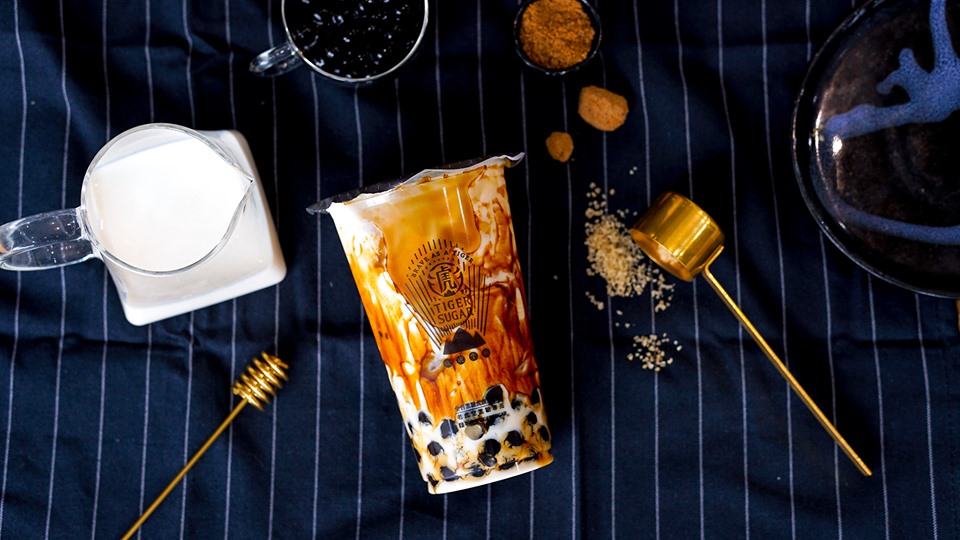KUALA LUMPUR, July 23 — The Consumers’ Association of Penang (CAP) cautioned Malaysians that drinking a cup of bubble tea took up between the maximum and twice the recommended daily sugar intake.
This excludes the sugar that one would consume in other food and drinks like rice and white flour.
CAP acting vice president Mohideen Abdul Kader cited a study by Singapore’s Temasek Polytechnic that found 92g of sugar in a 500ml cup of brown sugar bubble milk tea, three times as much sugar as in a 320ml can of cola.
“The total daily amount of added sugar recommended by the World Health Organization and the Malaysian Dietary Guidelines is a quantity not exceeding 50g,” he said in a statement.
He noted that Temasek Polytechnic’s study also found that the least sweet bubble tea drink contained 43g of sugar, which was 1.7 times more sugar than a regular “teh tarik”. The tapioca pearls, or boba, in a bubble tea drink are high in carbohydrates too.
“In other words, the high sugar level in the boba tea is bad news to health, increasing heart disease risk factors such as obesity, high blood pressure, diabetes, and inflammation.
“A number of cancers are also influenced by diet, weight change, and body fat distribution together with physical activities,” said CAP.
Almost half of the adult population in Malaysia aged 18 and above were overweight and obese, according to the National Health and Morbidity Survey 2015. About one of three adults were overweight (30 per cent), while 3.3 million adults were obese (17.7 per cent).
“We urge consumers to stop drinking the boba tea to stay healthy because it is cheaper to cut down on sugar intake than to treat for diseases related to it.
“Some studies have shown that sugar is as addictive as cocaine and the symptoms of sugar craving include irritability, emotional lows, fatigue, anxiety and other conditions,” said Mohideen.
Bubble tea is not subject to the sugar tax in Malaysia that only affects pre-packaged sugar-sweetened beverages.








